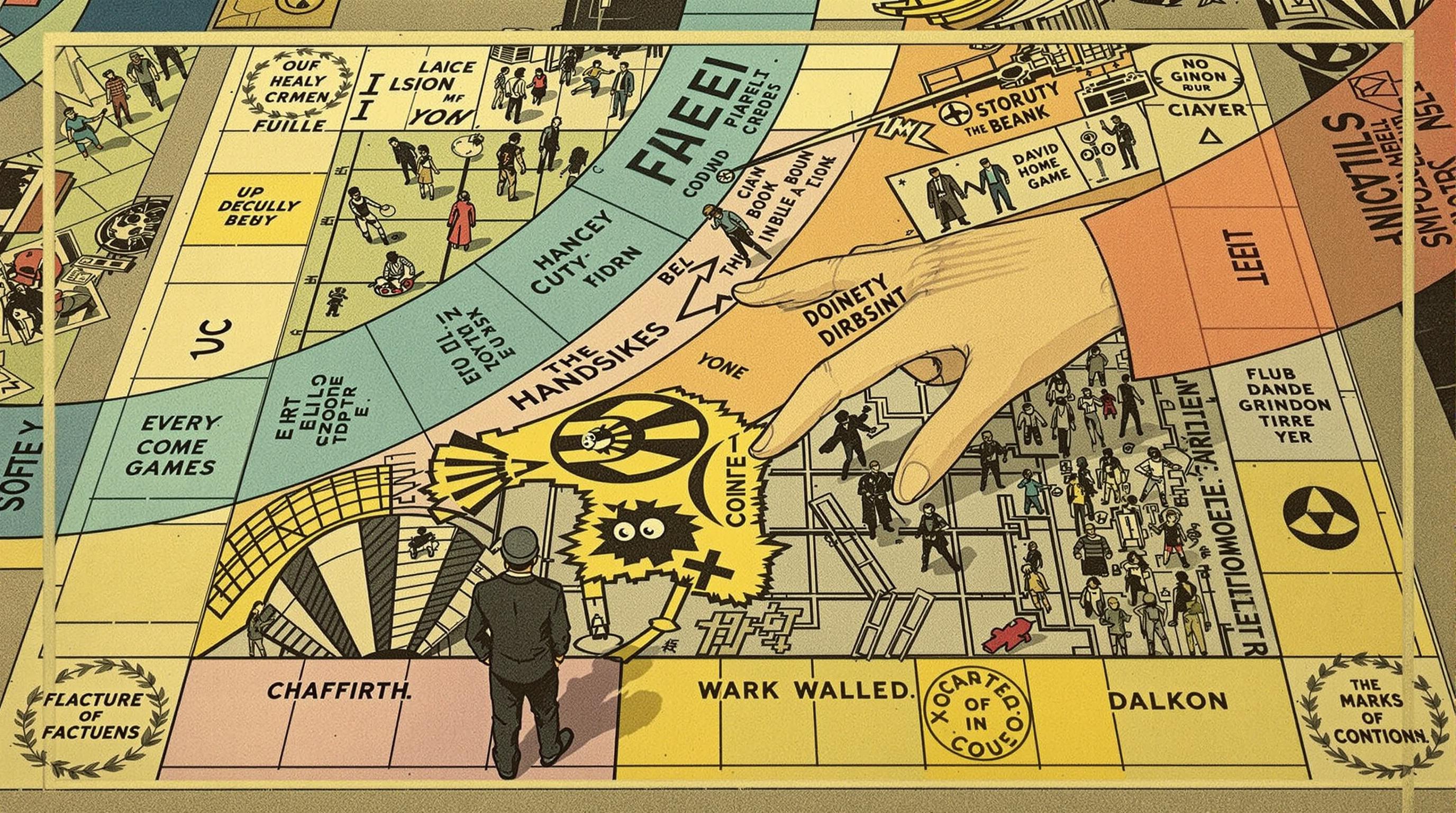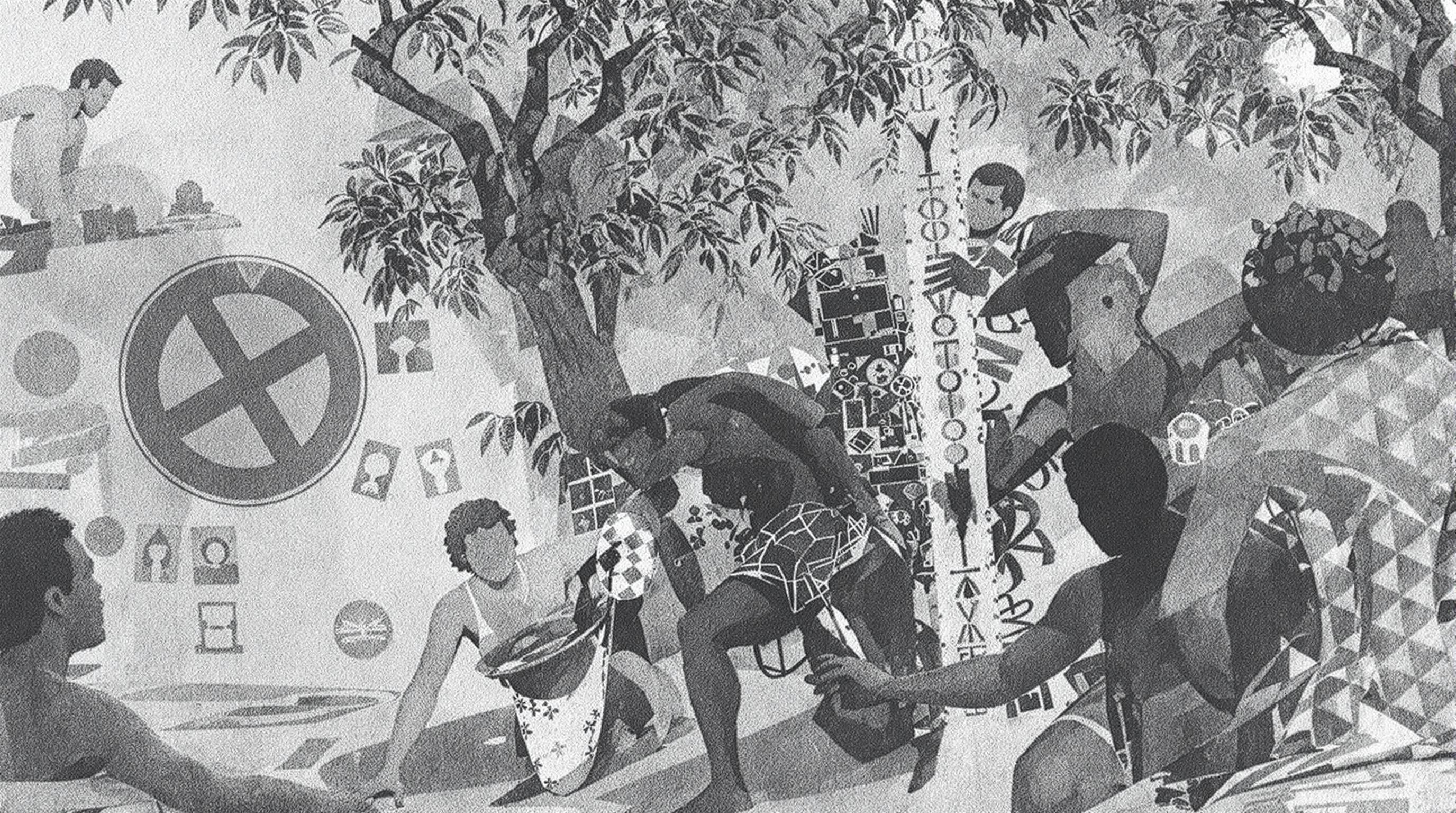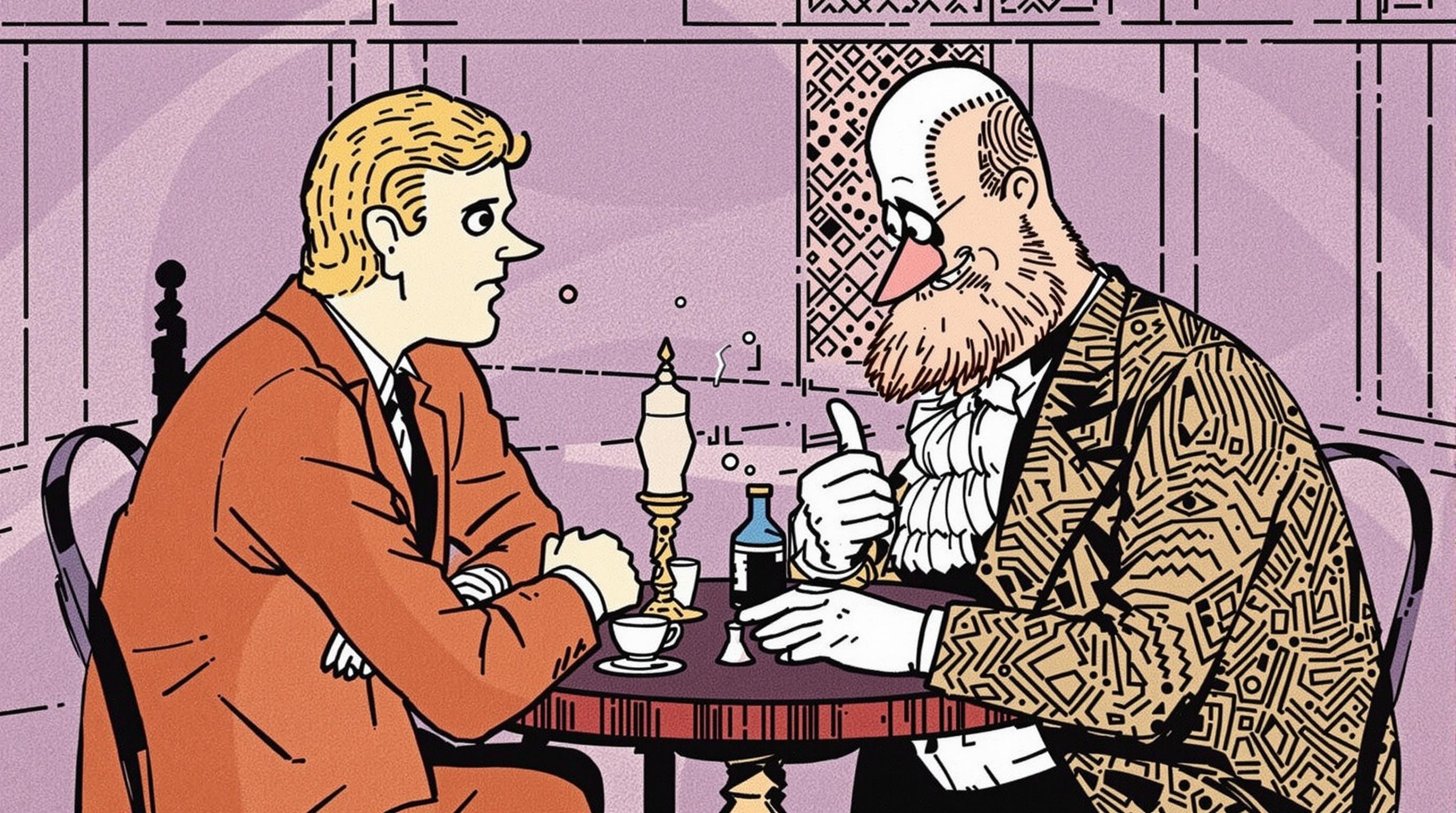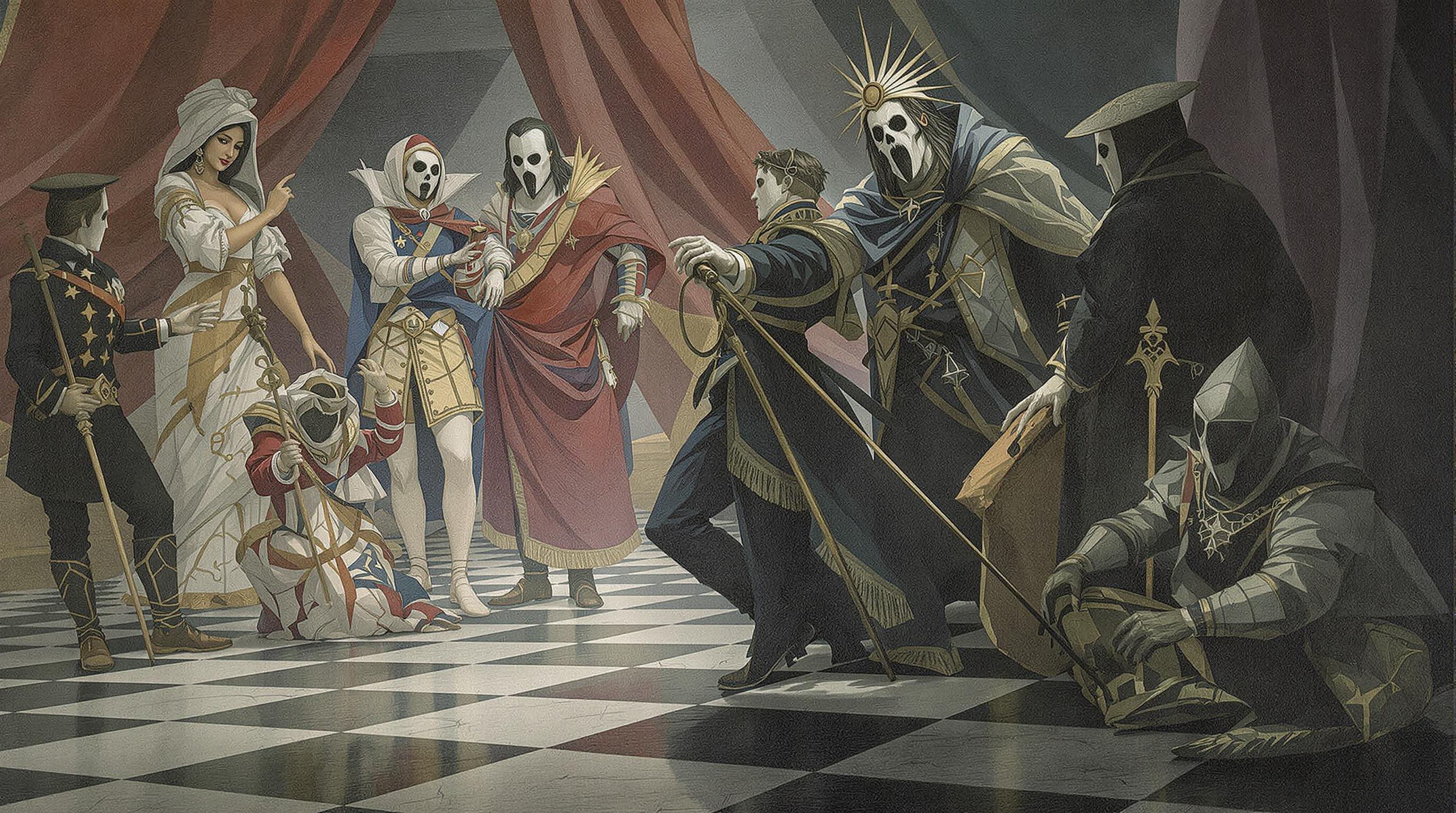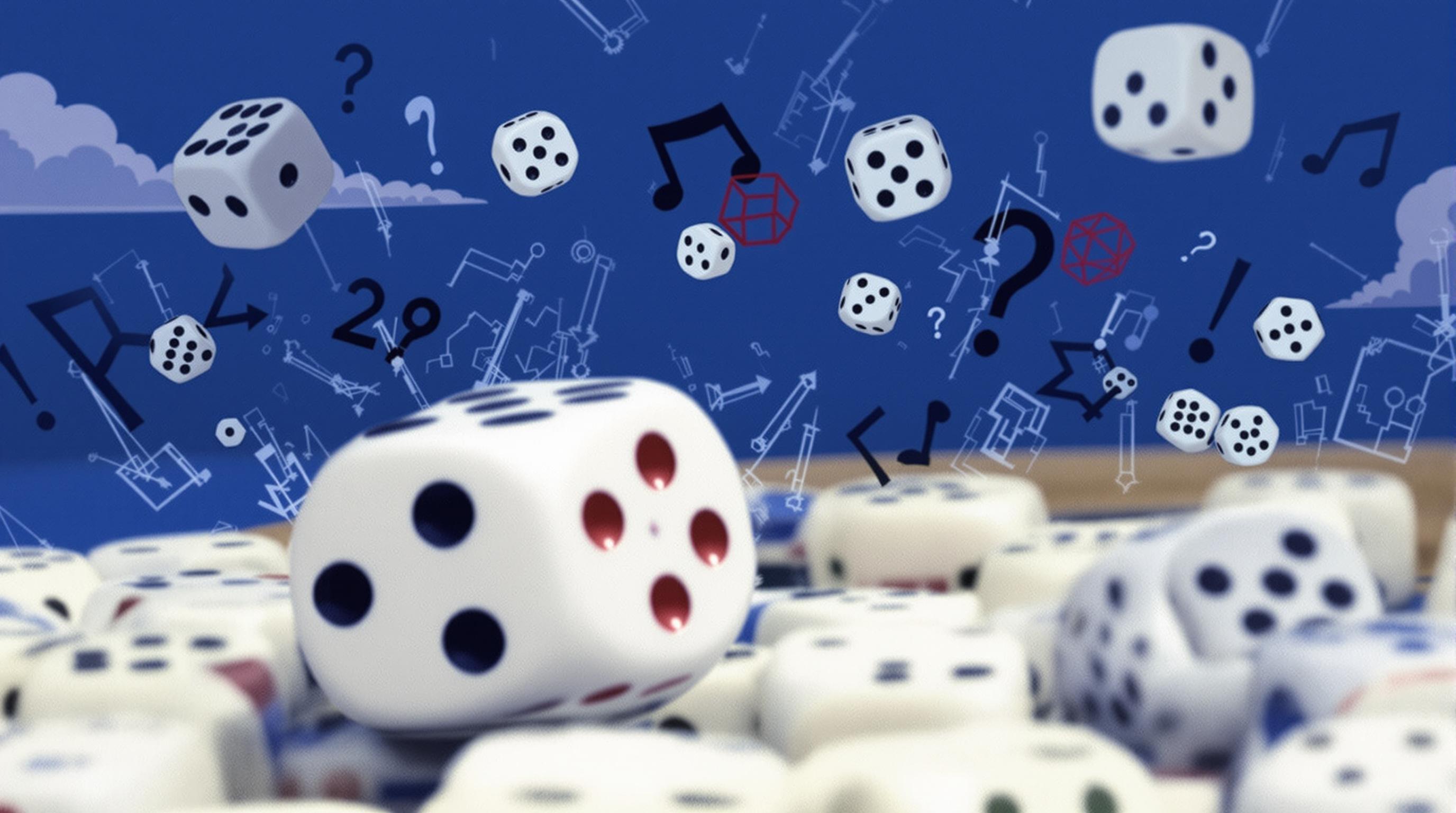Related Articles
- Cultural Collisions: How Colonialism and Conquest Transformed Games and Their Rules Across Continents
- The Eccentric Anomalies of Game Etiquette: Odd House Rules That Defied Generations
- Unveiling the Unconventional: The Role of Secret Societies in Shaping Game Regulations Across Time
- Revisiting the Cultural Phenomenon: How Iconic Championships Influenced Fashion Trends on and off the Field
- Revisiting the Aftermath: How Championship Wins Shape Community Identity and Local Economies
- The Role of Unexpected Weather Events in Shaping Championship Outcomes: A Tidal Wave of Influence
Beneath the Surface: Unraveling the Secret Handshakes and Hidden Agreements of Classic Board Games
Beneath the Surface: Unraveling the Secret Handshakes and Hidden Agreements of Classic Board Games
Beneath the surface of classic board games lies a world of secret handshakes and hidden agreements that can alter the dynamics of play. This exploration reveals the nuanced strategies, social interactions, and cultural significance woven into familiar games, making them more than mere pastimes.
Understanding the Foundations of Gameplay
To truly appreciate the hidden layers of board games, one must first acknowledge the foundational mechanics that dictate how they work. Games like Monopoly, Risk, and Settlers of Catan are not just about rolling dice and moving pieces; they involve negotiation, alliances, and strategies that can often go unnoticed amidst the clamor of competition.
The Science of Sneaky Strategies
Research from the University of Massachusetts found that players often rely on psychological tactics to gain an edge in games (Bennett, 2022). These tactics—like bluffing in poker or forming temporary alliances in cooperative games—mirror real-world social dynamics. In fact, a study from the Journal of Game Theory noted that 70% of players admitted to engaging in secretive agreements during board gameplay. It’s no surprise, then, that what appears to be a game of chance often reveals a layer of strategic savviness and negotiation skills.
Monopoly: The Economics of Unspoken Agreements
Take Monopoly, for example. Often seen as a straightforward game where players buy and trade properties, it possesses numerous unspoken rules and agreements that can significantly affect the outcome. For instance, players may agree to "loan" money to each other in times of desperation but insist on repayment with interest later on. In the words of one seasoned player, “It’s not just about money; it’s about trust and backstabbing.”
Secret Handshakes: A Sociocultural Context
Beneath the fun and games, board games often reflect the cultural and social contexts in which they are played. Secret handshakes—the alliances formed between players—create a sense of belonging and connection. When the stakes heighten during a game of Catan, for example, players might whisper secret deals that could tip the scales in their favor.
Political Alliances in Risk
Risk, a game of global domination, is a prime example where alliances can change in a heartbeat. Players may unite to overthrow a leading player, only to turn against their allies moments later. The idea of temporary alliances mimics political maneuvering, highlighting not only the game's complexity but also how diplomacy unfolds within our own societies.
Humor Me: The Lighter Side of Gameplay
And let’s not forget the humor that emerges from these hidden deals. Imagine a player, desperate to avoid losing, proposing an “impenetrable fortress” made of cardboard pieces and paper money—while everyone else rolls their eyes. In fact, 25% of board game players describe the absurd moments of gameplay as their favorite part, emphasizing the importance of levity amid competition (BoardGameGeek, 2023).
The Power of Custom Rules
What’s intriguing is how “house rules” can evolve from these hidden agreements. Players often adapt rules to suit their gameplay style, leading to variations that may only be understood by those who regularly gather around the game table. This reinforces community norms and creates a unique experience tailored to local preferences.
Case Study: Settlers of Catan
Consider Settlers of Catan, which often spirals into casual negotiations that could rival any business meeting. Players barter resources, often making deals that extend beyond the game itself. One Catan veteran reveals, “I once traded my last sheep for pizza—there are no boundaries when you're hungry.”
The Emotional Connection
In an age where technology dominates leisure activities, the raw, face-to-face interactions of board games sustain a nostalgic connection to simpler times. A survey found that 64% of players believe board games foster stronger emotional ties with friends and family (NPD Group, 2023). Every secret deal, every tactical betrayal, heightens emotional stakes—not just for the game, but for relationships.
The Legacy of Board Games
As we delve deeper, we uncover how these hidden agreements have transcended generations. Classic board games are not merely relics of a bygone era; they represent a form of storytelling that connects players through shared experiences. Whether it’s the rush of trading in Monopoly or the strategic alliances formed in Risk, each game becomes a narrative tapestry woven with subtle nuances.
Generational Insights
Interestingly, a Pew Research survey in 2023 indicates that 78% of people aged 30 to 50 still enjoy playing board games with their children, showcasing a long-standing tradition of passing game knowledge and strategies down the line. Unlike virtual games, which can often feel isolating, board games solidify bonds. Every secret handshake learned now contributes to the next generation’s understanding of trust and strategy.
Gameplay: A Microcosm of Life
Ultimately, board games serve as a reflection of life itself—filled with unexpected alliances, strategic negotiations, and moments of laughter. The intrigue of hidden agreements and secret handshakes invites players to engage not just with the game, but also with each other. "It's like a social experiment," a 65-year-old player mused, "you learn a lot about people’s true colors when stakes are high.”
Why It Matters
Understanding these hidden layers of board games enriches the experience for players young and old. Whether you’re strategizing with friends or navigating contentious negotiations, embracing the intricacies beneath the surface can heighten the thrill of play. After all, games are no longer just about victory; they’re about the friendships forged and the memories created.
Conclusion: The Ultimate Game
In a nutshell, the world of board games is vibrant, filled with underlying strategies and shared human experiences. From family gatherings to casual meet-ups, the conventions and agreements formed around the table breathe life into play, making each encounter unique. So, the next time you find yourself engaged in a friendly competition, remember: the real game is often played beneath the surface.
